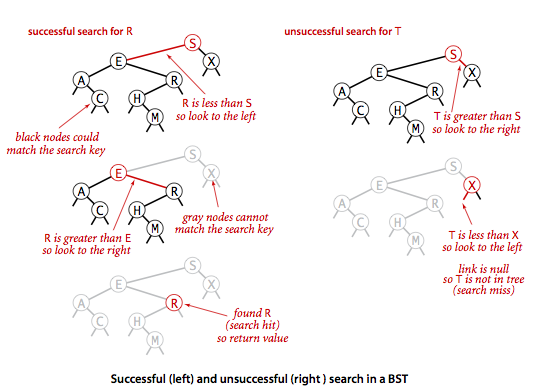Today I learned about the cognitive economic principle. In short, the cognitive economic principle is this concept that our brains organize knowledge in a way such that there is minimal cognitive load. This concept comes up in the discussion of the semantic network approach, the concept that things are stored in your mind in terms of connections. "Cognitive economy" simply means our brain is efficient. Our brains store things in a neural network — things are placed in nodes, and connected by synapses. Some nodes are weighted more heavily, and some nodes are closer to others. A common model shows this as hierarchical. Our brain, this model says, is a massive binary search tree.
I did some further digging on cognitive economics. One researcher in this space is Miles Kimball, the chair of the economics department at UC Boulder. He was very into cognitive economics in the early to mid 2010s. He explains that cognitive economics is a departure from traditional economic theory in this manuscript:
The name “cognitive economics” is coined by analogy to “cognitive psychology”, the area of psychology that examines internal mental processes such as problem solving, memory and language. Historically, cognitive psychology was a departure from the behaviourism of Ivan Pavlov, Leonard Bloomfield and B. F Skinner, which insisted that only outward behaviour was a legitimate subject of study. Similarly, cognitive economics is a departure from the tradition in economics that only outward behaviour is a fit subject of study for economics: a tradition that was fostered by Vilfredo Pareto, Paul Samuelson and Milton Friedman (1912–2006), among others, and was still strong when I attended graduate school in the mid-1980s.
Kimball says that cognitive economics sounds like a whole lot like behavioral economics, which it does. However, it is narrower, and has some overlap. Cognitive economics, he says, is a tool to explore three things.
Having defined the field of cognitive economics in what is hopefully a fairly neutral way, let me give my opinion on existing research and future directions in cognitive economics, organized around three themes: using data on hypothetical choices and mental contents: (i) to identify individual heterogeneity; (ii) to revisit welfare economics; and (iii) to study finite cognition.
Identifying individual heterogeneity is important, he says, to get around the data limitations that force economists to assume uniformity amongst individuals. I do not fully understand what he is saying about welfare economics. Finite cognition, which he makes distinct from bounded rationality, is about figuring out how people use finite intelligence, imperfect information processing, and costly decision making. A problem with this is "infinite regress," which is a problem highlighted in the 90s. This says that figuring out how much time to spend making a decision is a harder decision than just making the actual decision. Cognitive economics, he explains, helps figure out how to model finite cognition using tools not previously used by economists.
My head hurts. I feel like if I were an academic, I would go crazy.

